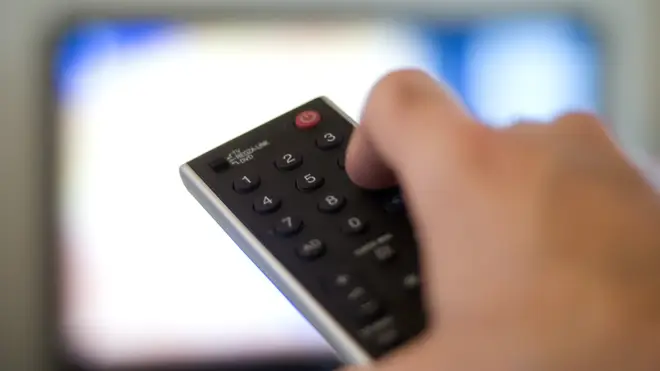
Ali Miraj 12pm - 3pm
17 August 2022, 07:24

A new report from Ofcom says on-demand and streaming has widened the generation gap in TV viewing habits.
Younger adults now watch almost seven times less scheduled TV than those aged 65 and over, new Ofcom research shows, highlighting a growing “generation gap” in viewing habits.
A new report from the communications regulator found those aged between 16 and 24 now spend less than an hour (53 minutes) a day watching broadcast TV.
In contrast, people aged 65 and over still watch scheduled TV for five hours and 50 minutes a day on average – a slight increase from a decade ago.
Ofcom said the difference in viewing habits reflected the growing popularity of on-demand streaming services such as Netflix, Amazon Prime Video and Disney+.
The regulator warned public service broadcasters continued to face falls in audience and levels of viewing, despite viewing figures of more than ten million for major national events such as the Women’s Euro 2022 final and the Queen’s Platinum Jubilee.
According to its research, around a fifth of UK homes (5.2 million) now subscribe to all three of the biggest streaming platforms, while nine in ten 18 to 24-year-olds said they bypass TV channels and head straight to a streaming, on-demand or video-based social platform when looking for something to watch.
“The streaming revolution is stretching the TV generation gap, creating a stark divide in the viewing habits of younger and older people,” Ian Macrae, Ofcom’s director of market intelligence, said.
“Traditional broadcasters face tough competition from online streaming platforms, which they’re partly meeting through the popularity of their own on-demand player apps, while broadcast television is still the place to go for big events that bring the nation together such as the Euro final or the jubilee celebrations.”
But Ofcom’s figures also noted that the rising cost of living was having a telling impact on streaming subscriptions – the number of households subscribing to at least one streaming service has fallen by more than 350,000.
Although nearly three-quarters (73%) of streaming subscribers who had cancelled earlier this year told the regulator they thought they would subscribe again at some point.